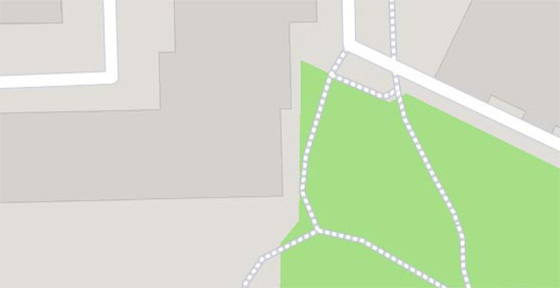Largest existing Muslim cemetery in Poland. Together with the mosque was recognized in 2012 as a monument of Polish history. Visitors may see the graves from the post-war period, which differ from those in Christian cemeteries only with religious symbols of Islam, as well as the oldest gravestones dating back to the late 18th century, which preserved the typical pattern of Muslim burial.
Traditional graves on the mizarra have two gravestones - larger than the deceased's head and smaller at his feet. All tombstones are oriented east and form regular rows called safami. Muslims believe that after death the soul leaves the body to the right, so the graves are directed at this site towards Mecca.
The designation of the cemetery with the word "mizar" or "miziar" is the merit of the Leipzig regimental soldiers who brought this name from Turkey. Mizar in Bohoniki still serves as a burial place for Polish Tatars.
Attractions inside




